
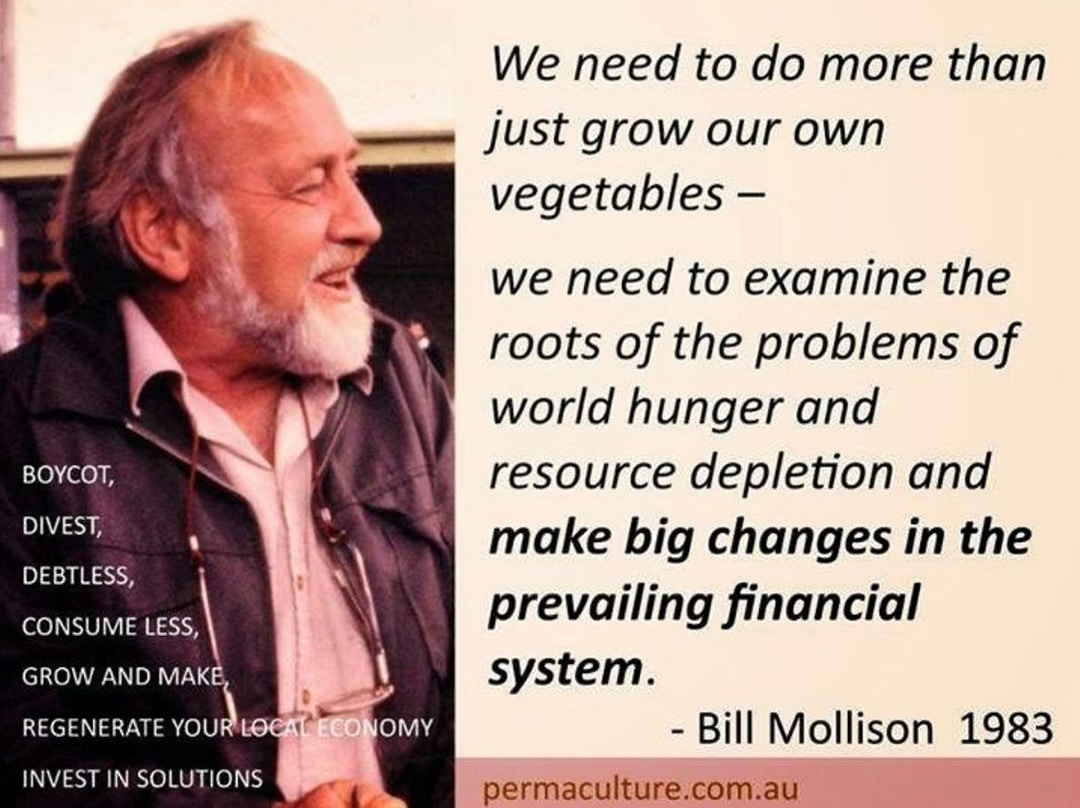
Sustainable Farming for Health
by Robert W Malone MD, MS | Mar 8, 2023
The family farm is a romantic notion – one grounded in the roots of the past. When writing an essay yesterday, I was pondering how we get back to sustainable lands and farm. Such farms fed and populated the world until the twentieth century.
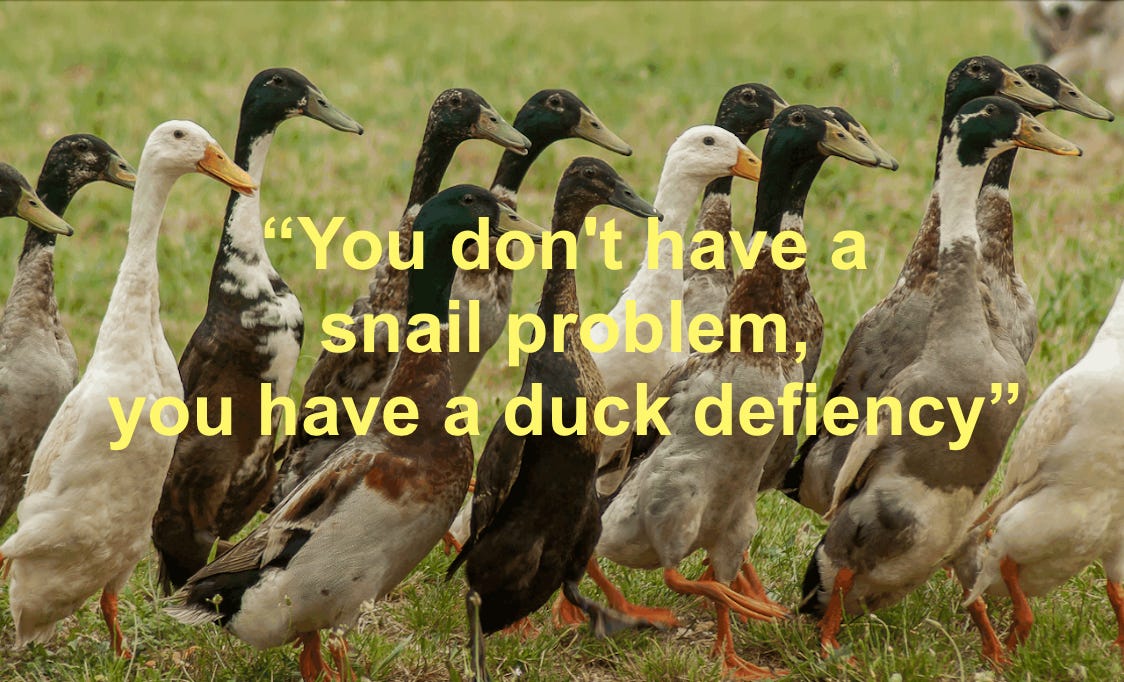
Organic farming is not the entire answer – as it only solves part of the equitation. A sustainable farm is so much more than an organic product, whether it be fruit, nuts, veg or even dairy. A sustainable farm incorporates the land, the soil, trees, plants, livestock, fish and fowl into the mix. Organic farming absolutely has its place but in the end is primarily focused on the end product, healthy food production.
The “science and art” of the small farm is something that many strive to create. There is an organization and a movement called biodynamic farming that historically comes close to building a process to create a sustainable farm. Biodynamic farming is a method of mixed use farming that was originally conceived by Rudolf Steiner in 1924. The history behind the concept is that a group of farmers recognized early that the more modern farming methods were depleting the soil and land. They approached Steiner to ask him or his help. So, he developed a lecture series on a sustainable agriculture that increased soil fertility without the use of chemical fertilizers and pesticides. Unfortunately, as a spiritualist, he also wove in many ideas involving spiritualism and “elemental forces”.
“Biodynamic farming” combines the relationship between the plants, animals and soil to use a farm’s resources instead of importing materials. It includes using herbs, minerals and cow manure to fertilize crops and growing most of the feed and bedding for the livestock.
Because of the spiritual element of biodynamic farming, the term has taken on a whole political and spiritual aura all its own. In fact, it is very closely allied with the organic farming movement of the 1970s and 80s. The biodynamic literature becomes non-serious to read due to these influences. However, credit where credit is due – the process and concepts of integrating a farm into a healthy mini-biomass onto itself was first introduced to the western world by Rudolph Steiner.
I believe that we have to open our hearts to the idea that we can all “farm.” That farming is the act of growing and producing food. Urban co-ops, indoor hydroponic systems and backyard chickens are all methods of farming. We should strive to make every child a farmer. The act and responsibility of creation is one of the most rewarding jobs we can give children. My own experience is that give a child two chickens and he or she will be hooked for life.
These days, there are other people leading the movement of sustainable farming. One of the most interesting leaders in this field is Joel Salatin and his family, owners of Polyfaces farm.
“DEVELOPING ENVIRONMENTALLY, ECONOMICALLY, AND EMOTIONALLY ENHANCING AGRICULTURAL PROTOTYPES AND FACILITATING THEIR DUPLICATION THROUGHOUT THE WORLD.” (Polyfaces Farms)
Another technique now used to create generationally healthy farms is no till agriculture.
A no-till garden is a method of gardening that does away with the traditional use of tilling to prepare the soil. In no-till gardens, the soil is not dug up and turned to prepare for planting. Instead, organic components like compost and animal fertilizers are layered over the soil to create a rich, nutrient-heavy base in which to plant seeds and starters.
This method is often combined with animal use.
But it is also a technique that can work well in a backyard “farm.” The little compost pile that feeds a kitchen garden, recycled cardboard being used as a weed barrier, the free mulch from the recycling center – production is about using what is available. This is a good website on no-till methods for the small farmer
Permaculture is an agricultural system that integrates human activity with natural surroundings, which can create highly efficient self-sustaining ecosystems. It takes many forms and therefore, can be hard to define.
Something as simple as planting a pecan tree, instead of a maple in the backyard or as complex as seeding a forest with plants that will live naturally in that environment, while producing food – such as planting hickory, persimmons or paw-paw. Permaculture could take the form of using guinea fowl to reduce Japanese beetle infestations or a hedgerow grown of blackberries. Permaculture might include using edible landscaping. The possibilities are endless.
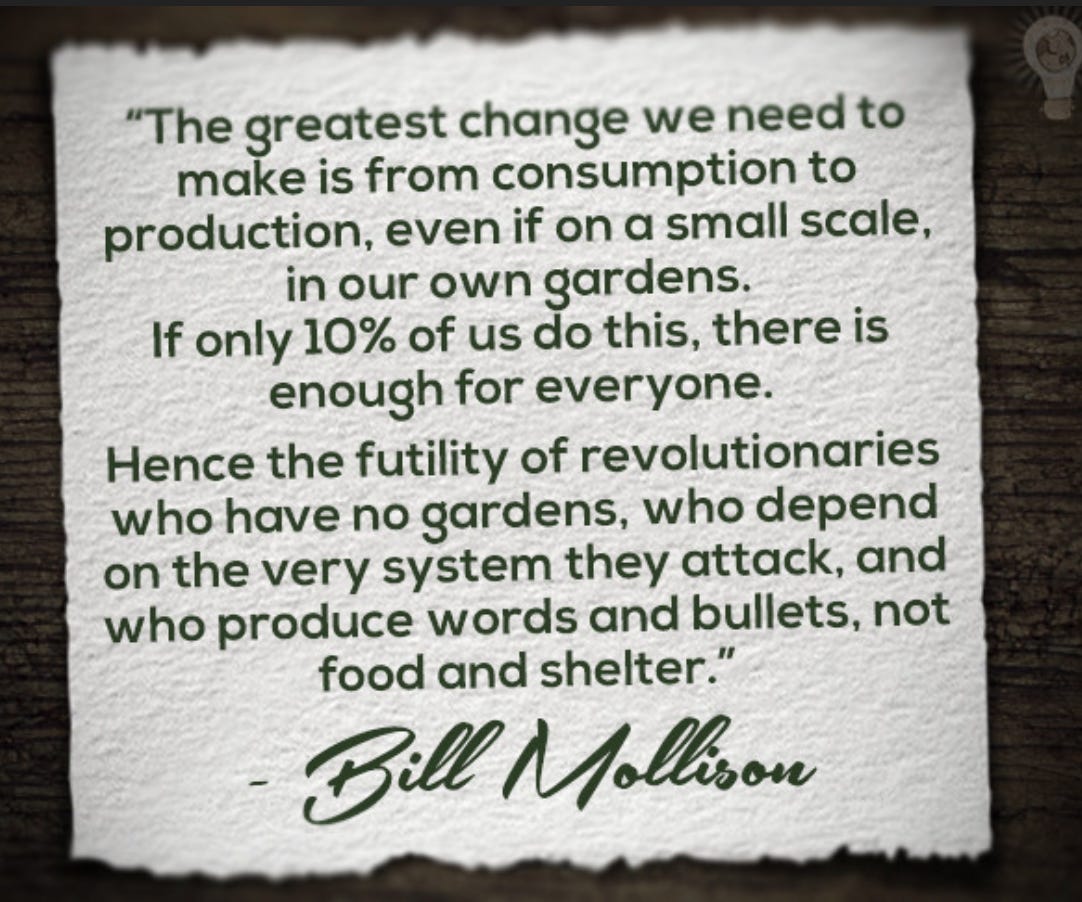
The truth is that a small, sustainable farm is hard work. It is relentless. It is not glamorous. But it is incredibly rewarding. It is also a way of life that is so ingrained into the souls of Americans, that this gestalt of the family farm is part of one’s identity. I believe that many Americans, growing up in the suburbs and cities through out this land still hunger for the farms of their ancestors. They grew up with parents who had one foot in the city and one in the farmlands. Cultural norms that included traditional farming values of frugality, ingenuity and responsibility.
Individual sovereignty, in the freedom to live independently -without government intervention is key to our country. The great reawakening is beginning. So let’s get to it.
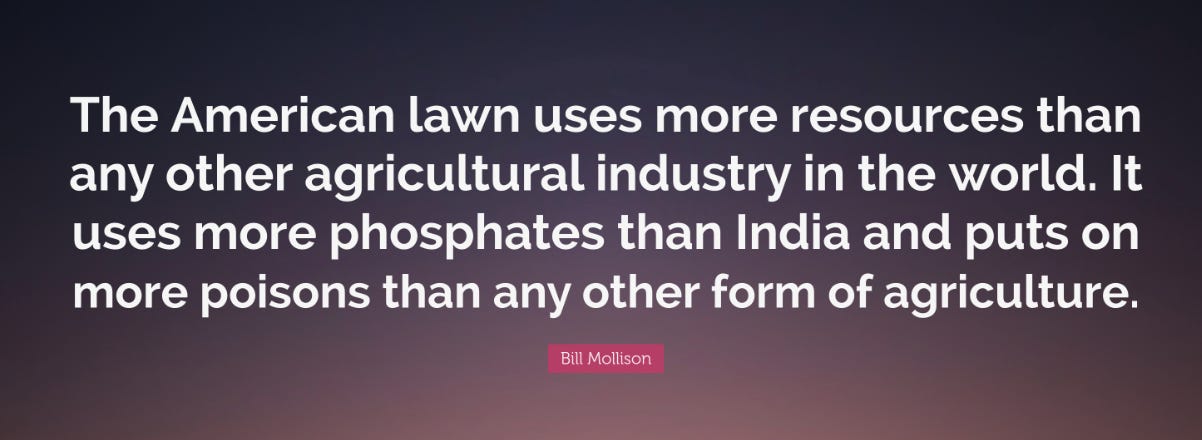
All over our county, there are people caring for the land, the animals, the crops, the forests and their own yards. These are not some romantic visions of the past, these resources represent our livelihoods, our passions and generational hopes. We can make a reality that both uses modern technologies and creates a sustainable future. It need not involve a command economy, socialism, engineered cities, smart cities or a society based on digital IDs and passports.


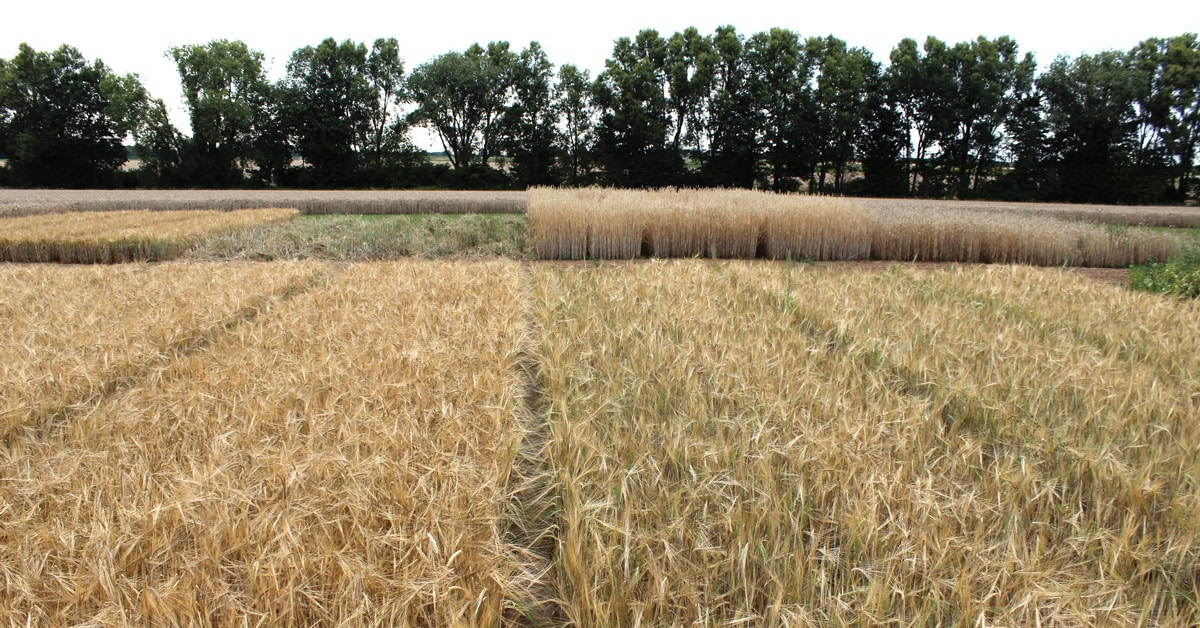
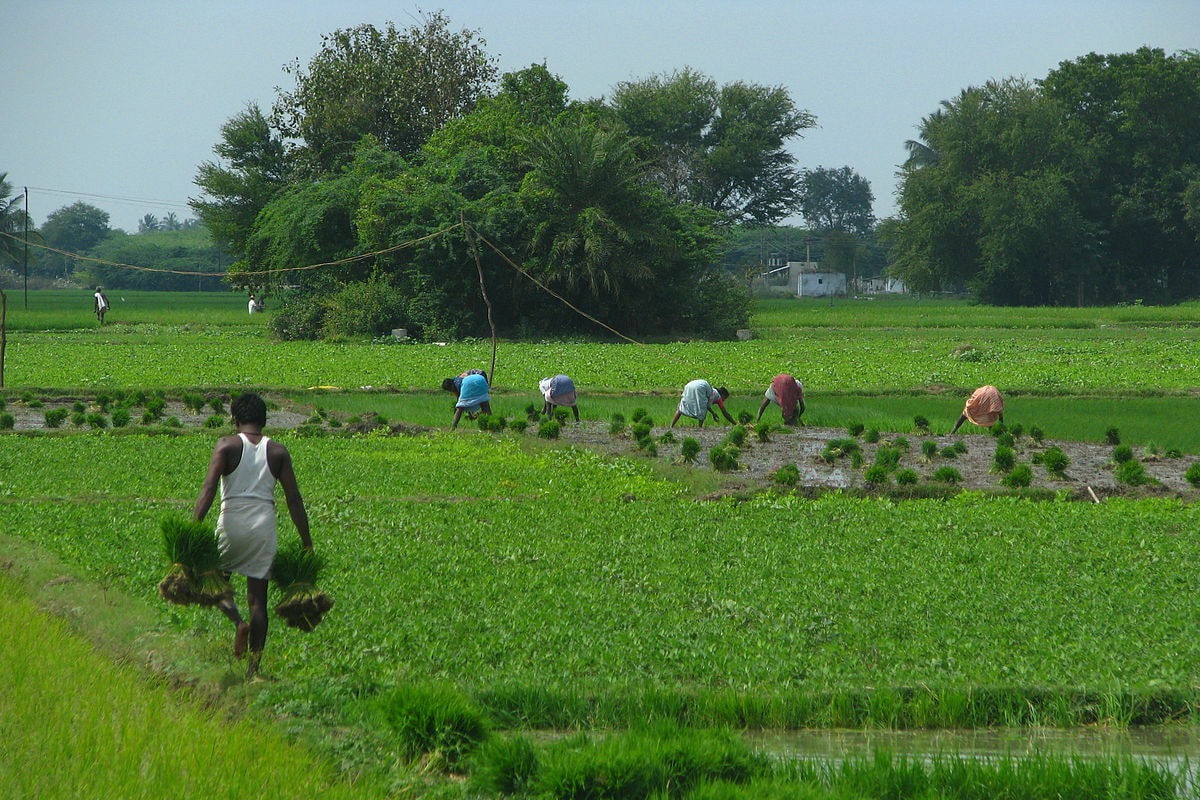
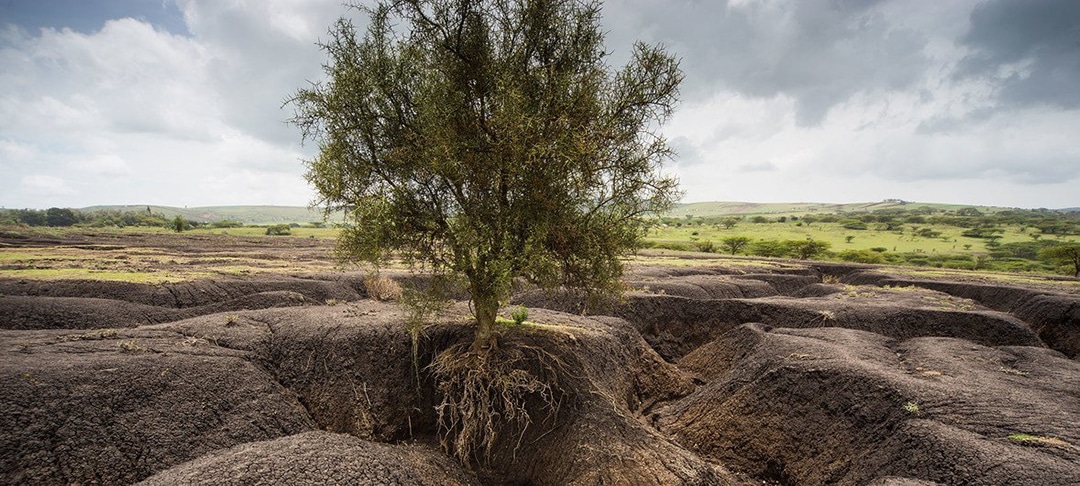
0 Comments